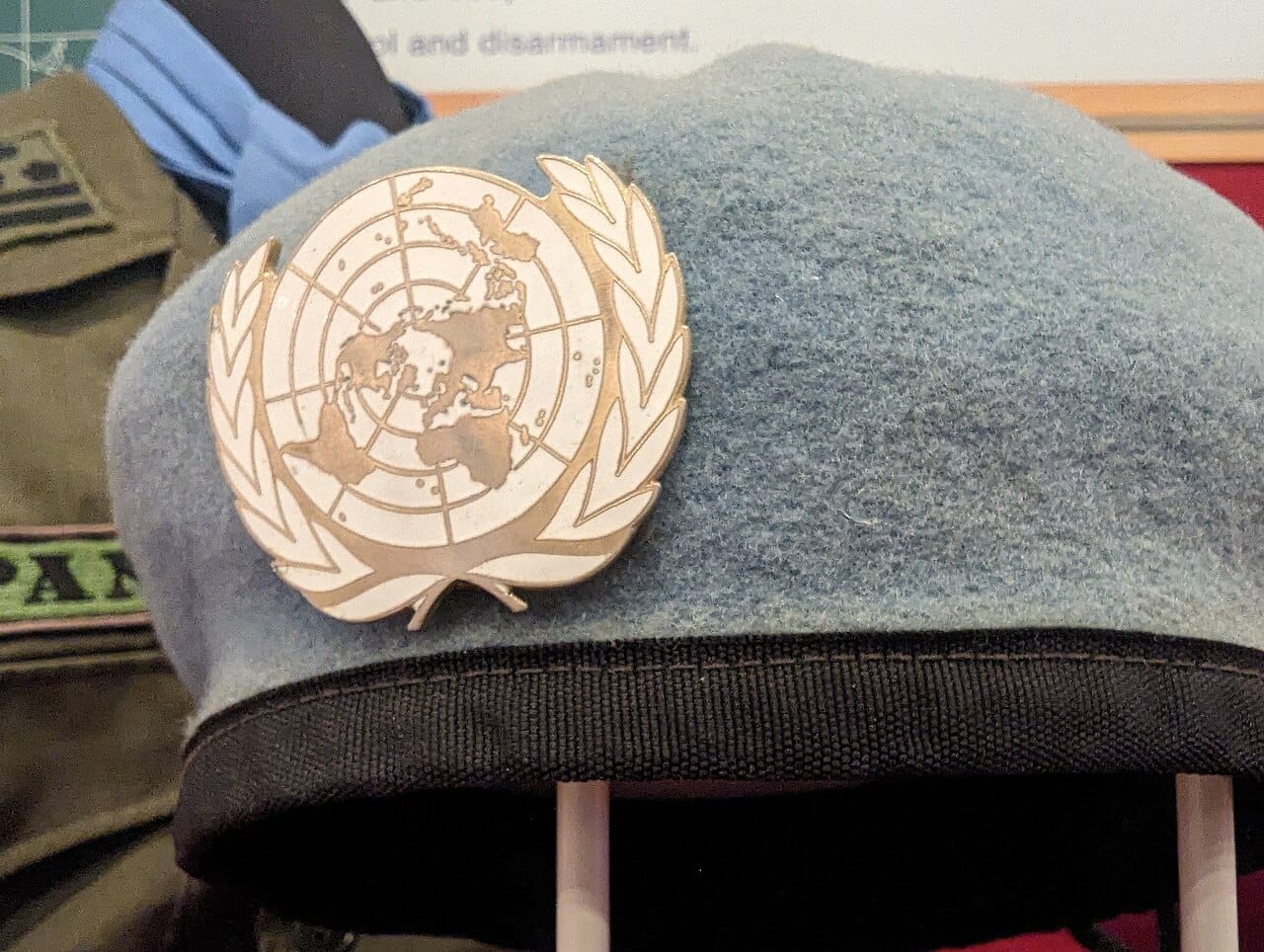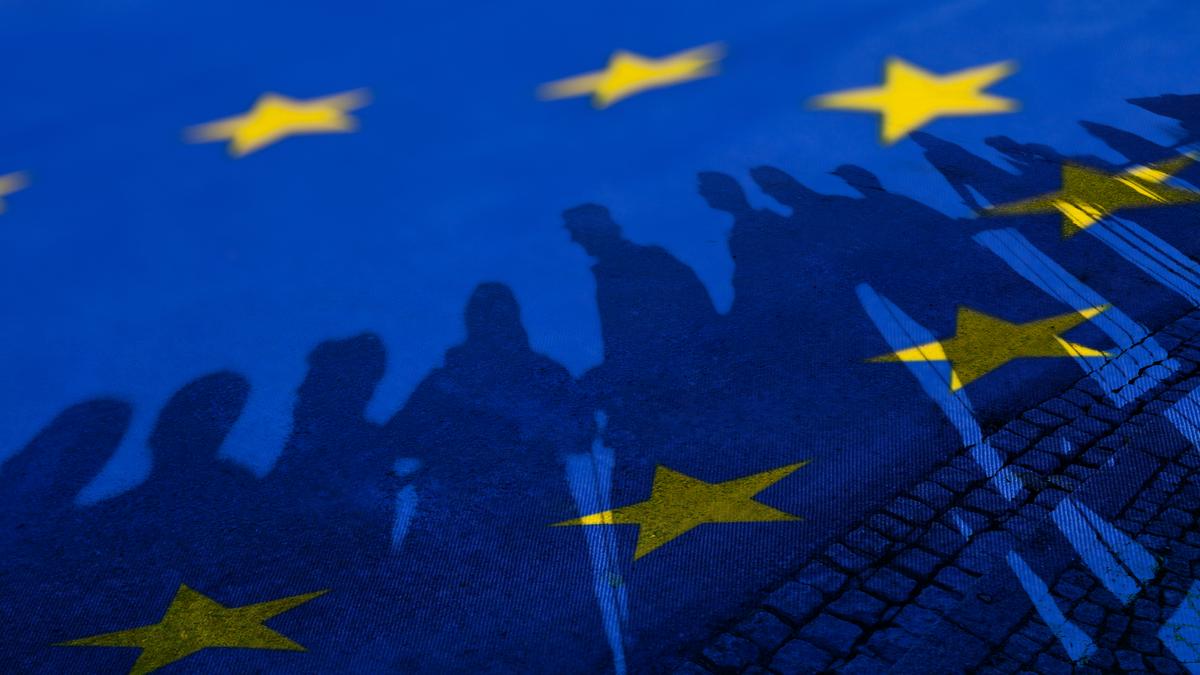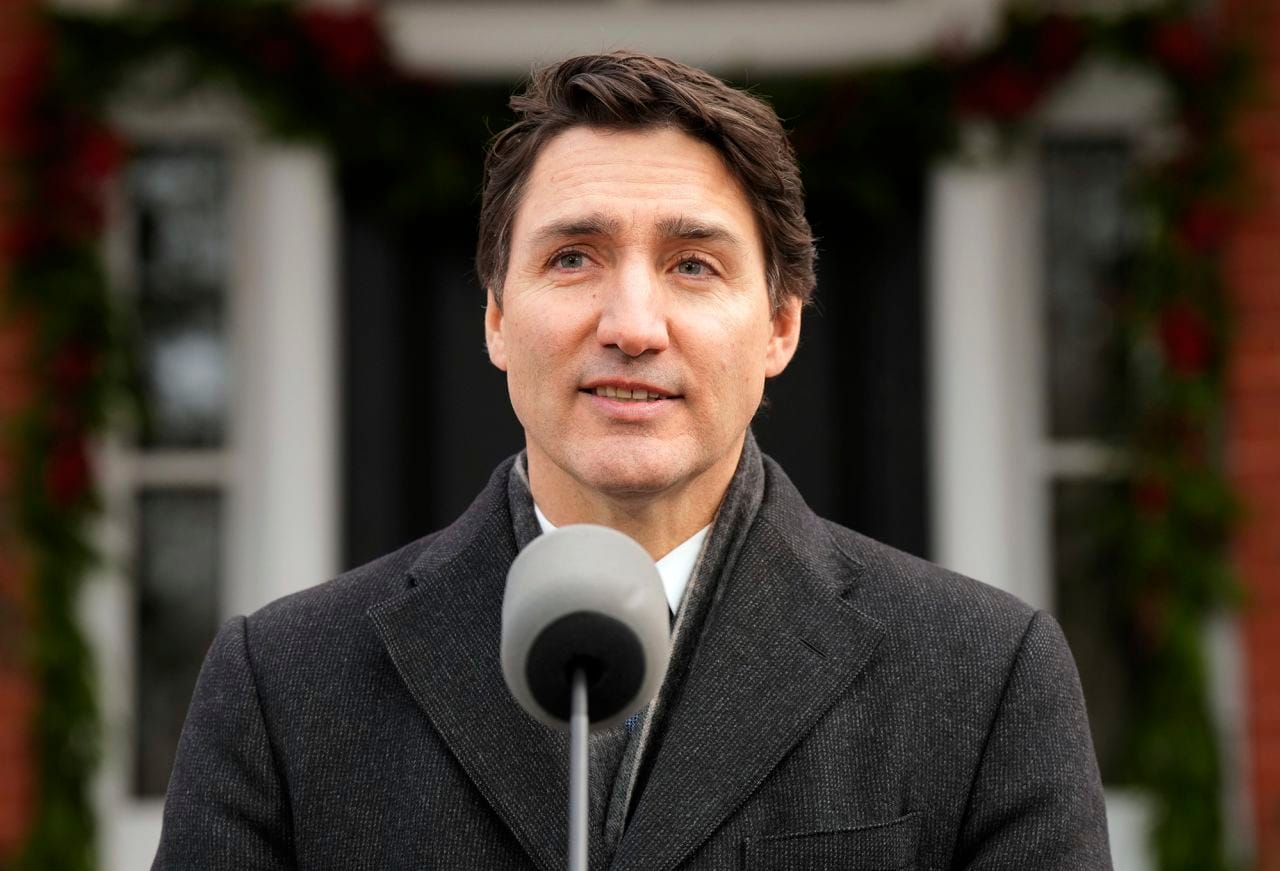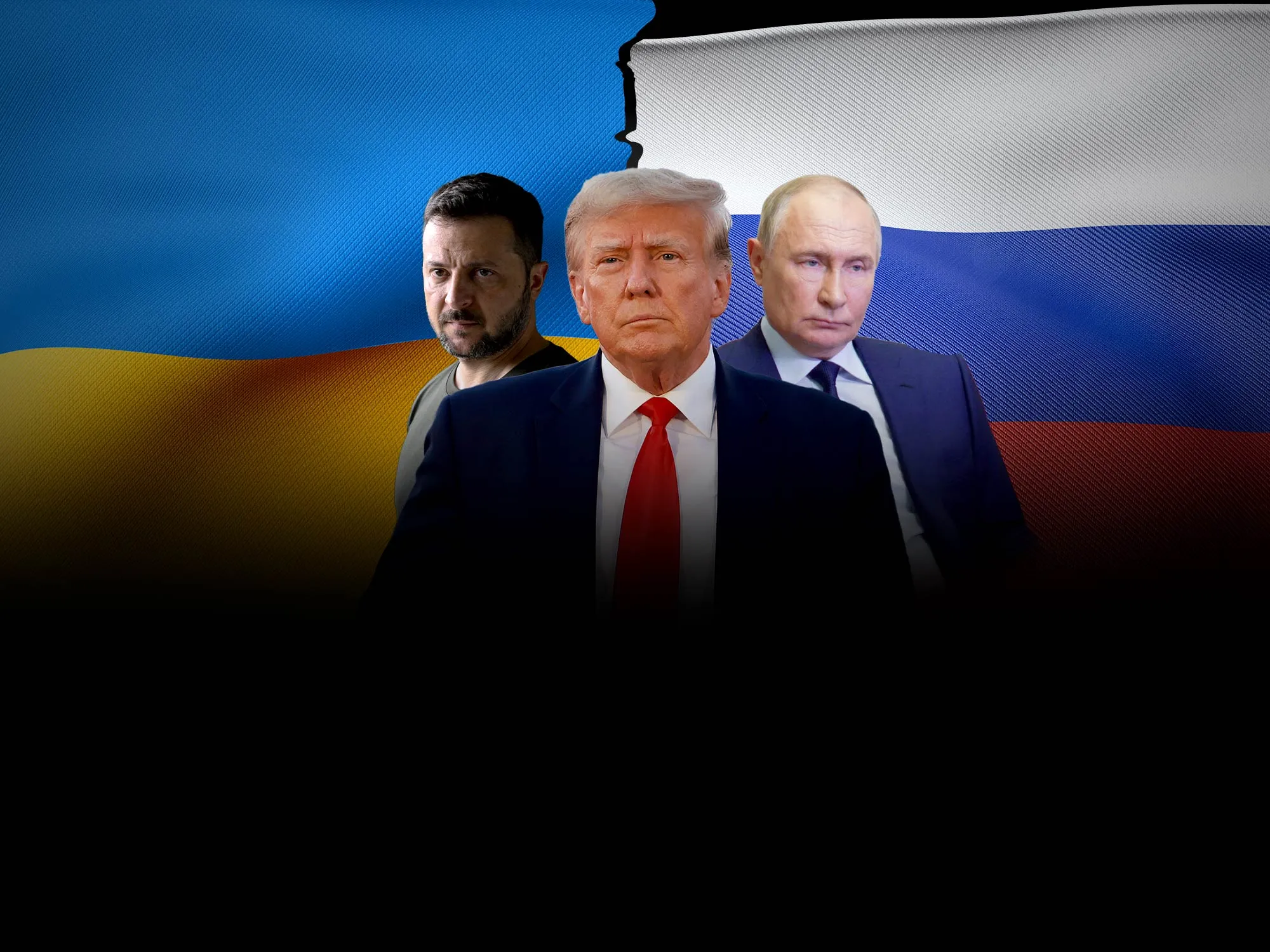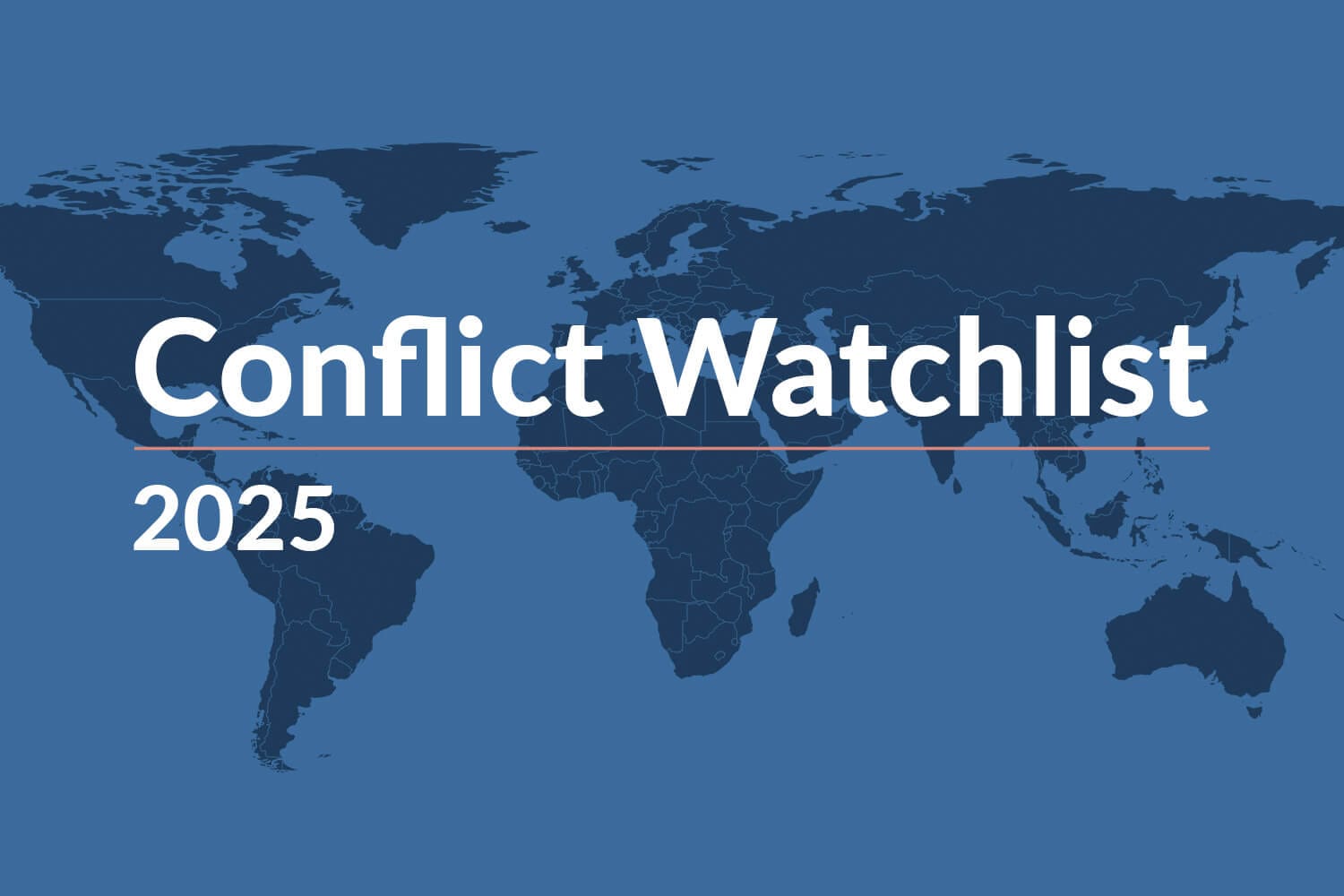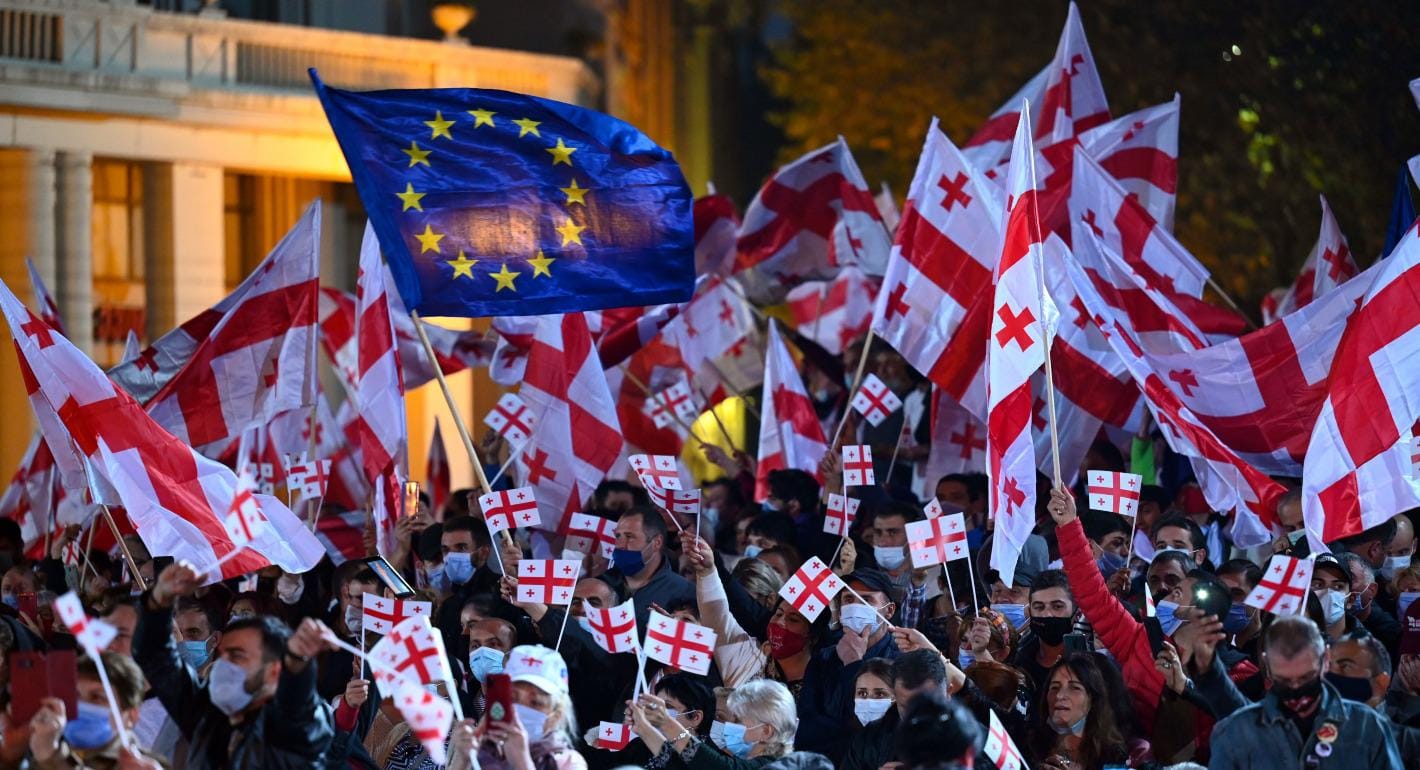As we moved into 2026, the world is no longer merely “watching” conflicts – it is living with them. Civil war in Sudan has deepened into a regional humanitarian catastrophe, Ukraine remains locked in a war of attrition with global consequences, India-Pakistan tensions continue to cast a long shadow over South Asia and multiple theatres across Central Africa are sliding into protracted violence. This special newsletter revisits the evolving conflict landscape and examine what these wars reveal about power, governance and the fragility of the current global order and why their trajectories in 2026 matter far beyond their immediate borders.
Category: Newsletters
European Union Regroups and Rearms
Leaders from the European Union’s 27 member states will meet in Brussels on Thursday to find ways to succour Ukraine and to rethink some of its own security arrangements. Europe is hastily adjusting its thinking on defence as American policy under President Donald Trump looks ever-less predictable. A plan will be presented for the EU to help member states borrow from a fund of €150 billion ($161 billion) to spend on defence, some of which would be used to boost Ukraine’s war effort. EU fiscal rules that constrain spending also look likely to be relaxed so that national governments can splurge up to 1.5% of GDP more on defence.
Is Russia’s Economy Slowing or Stalling?
Data released on Wednesday will help answer an important question: is Russia’s economy slowing or stalling? In the three years since the country invaded Ukraine, its economy has held up better than most observers had expected. Unemployment fell to just 2%. GDP growth has been decent due to oil exports, which were strong despite Western sanctions. Russian consumers benefited from the knock-on effects of an enormous boost to spending on defence, welfare and infrastructure. But that could now be changing. In late 2024 the West tightened its financial infrastructure and oil trade.
United States under Trump 2.0 wants the Panama Canal
Donald Trump recently claimed that the United States is being “ripped off” by the Panama Canal’s administrators and alleged that “Chinese soldiers” are operating the canal. He has threatened to “demand the return of the Panama Canal” to the United States. On December 23rd, Panama’s president, José Raúl Mulino, responded by asserting that “every square metre of the Panama Canal” is the country’s property, a stance supported by opposition parties. Trump’s actual objectives might be less extreme, but their specifics remain unclear
Justin Trudeau Resigns as Canada’s Prime Minister
On January 6th Justin Trudeau, Canada’s prime minister, announced his resignation. Over the past year he has became an isloated and deeply polarising figure as supporters have abondoned his Liberal Party, angry that it has failed to tackle inflation, housing costs and the strains from high immigration. In the coming weeks the Liberals will be gripped by a leadership struggle. Potential replacements include Mark Carney, who ran the Bank of England, and before that the Bank of Canada; Chrystia Freeland, whose surprise resignation as finance minister precipitated the crisis that forced Trudeau out; and Dominic Leblanc, who succeeded Freeland as finance minister.
Trump to Mediate Peace between Russia and Ukraine
Nobody expects Donald Trump to end the Ukraine war in 24 hours, as he has claimed he could in the past. However, the new administration, which takes office on January 20th, is highly invested in bringing both sides to the negotiating a peace deal. But even that may prove difficult. In an Interview on December 30th the Russian foreign minister, Sergei Lavrov, slammed leaked proposals from Trump’s team for a peace deal. Putin, who believes Russia is winning, has given no sign of retreating from his maximalist goals.
10 Global Conflicts to Watch in 2025
In the Middle East, a chain of conflicts is taking place set off by Hamas’s Oct. 7, 2023, attack on Israel followed by the latter’s retaliation on Gaza Strip; Iran’s region wide attack through non-state proxies; and thus, setting a stage for Islamist rebels to topple the Assad’s regime, ending a half-century-old dictatorship in Syria. We also witnessed more aggression from Russia on Ukraine and thereby threatening a wider confrontation in Europe.
Islamic State is back in the United States
On New Year’s Day Shamsud-Din Jabbar, a 42-year-old American, rammed a pickup truck into a crowd in New Orleans, killing at least 14 and injuring 35. The FBI says it was terrorism; Jabbar had an Islamic State flag. If Jabbar was inspired by the ISIS, the Jihadist group can add the attack to its recent successes. Exactly a year ago, an ISIS terrorist killed 95 civilians in Iran during a ceremony to commemorate Qassam Soleimani, a top general assassinated by America.
Constitutional Crisis in Georgia
On New Year’s Eve demonstrators in Tbilisi, Georgia’s capital, held a supra (a traditional feast) outside the parliament. They were not only welcoming in 2025 but expressing, yet again, their outrage at the ruling Georgian Dream party. In November, after winning a dodgy election, it halted EU-accession talks. The protestors, who will probably assemble for a 36th consecutive day on Thursday despite attempts to dissuade them with beatings, water cannon and tear gas, want a fresh vote to get Georgia back on a pro-Western track.
The AI Revolution Comes to Drugs
Developing a drug is a complex process that often fails. It begins by identifying a target, such as a protein or gene, associated with a disease. Researchers then search for a molecule that can either block or enhance the target’s activity safely. This can involve screening as many as 1 million compounds before selecting just one or two promising candidates. Software can help to identify such molecules. But generative artificial intelligence (AI) can dream up entirely new ones to test. BCG, a consultancy, estimates that about 65 AI-inspired molecules are currently being tested on humans.
